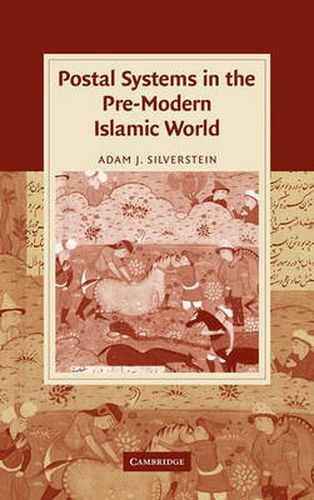Readings Newsletter
Become a Readings Member to make your shopping experience even easier.
Sign in or sign up for free!
You’re not far away from qualifying for FREE standard shipping within Australia
You’ve qualified for FREE standard shipping within Australia
The cart is loading…






Adam Silverstein’s book offers a fascinating account of the official methods of communication employed in the Near East from pre-Islamic times through the Mamluk period. Postal systems were set up by rulers in order to maintain control over vast tracts of land. These systems, invented centuries before steam-engines or cars, enabled the swift circulation of different commodities - from letters, people and horses to exotic fruits and ice. As the correspondence transported often included confidential reports from a ruler’s provinces, such postal systems doubled as espionage-networks through which news reached the central authorities quickly enough to allow a timely reaction to events. The book sheds light not only on the role of communications technology in Islamic history, but also on how nomadic culture contributed to empire-building in the Near East. This is a long-awaited contribution to the history of pre-modern communications systems in the Near Eastern world.
$9.00 standard shipping within Australia
FREE standard shipping within Australia for orders over $100.00
Express & International shipping calculated at checkout
Adam Silverstein’s book offers a fascinating account of the official methods of communication employed in the Near East from pre-Islamic times through the Mamluk period. Postal systems were set up by rulers in order to maintain control over vast tracts of land. These systems, invented centuries before steam-engines or cars, enabled the swift circulation of different commodities - from letters, people and horses to exotic fruits and ice. As the correspondence transported often included confidential reports from a ruler’s provinces, such postal systems doubled as espionage-networks through which news reached the central authorities quickly enough to allow a timely reaction to events. The book sheds light not only on the role of communications technology in Islamic history, but also on how nomadic culture contributed to empire-building in the Near East. This is a long-awaited contribution to the history of pre-modern communications systems in the Near Eastern world.